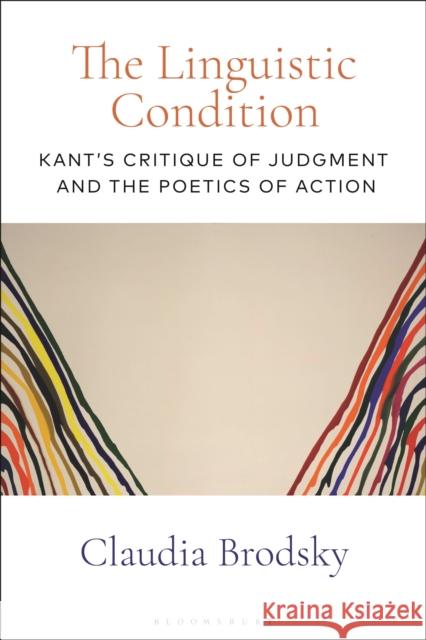The Linguistic Condition: Kant's Critique of Judgment and the Poetics of Action » książka
topmenu
The Linguistic Condition: Kant's Critique of Judgment and the Poetics of Action
ISBN-13: 9781350217355 / Angielski / Miękka / 2022 / 272 str.
The Linguistic Condition: Kant's Critique of Judgment and the Poetics of Action
ISBN-13: 9781350217355 / Angielski / Miękka / 2022 / 272 str.
cena 141,98
(netto: 135,22 VAT: 5%)
Najniższa cena z 30 dni: 140,25
(netto: 135,22 VAT: 5%)
Najniższa cena z 30 dni: 140,25
Termin realizacji zamówienia:
ok. 30 dni roboczych.
ok. 30 dni roboczych.
Darmowa dostawa!
Kategorie BISAC:
Wydawca:
Bloomsbury Academic
Język:
Angielski
ISBN-13:
9781350217355
Rok wydania:
2022
Ilość stron:
272
Waga:
0.45 kg
Wymiary:
23.39 x 15.6 x 2.54
Oprawa:
Miękka
Wolumenów:
01











